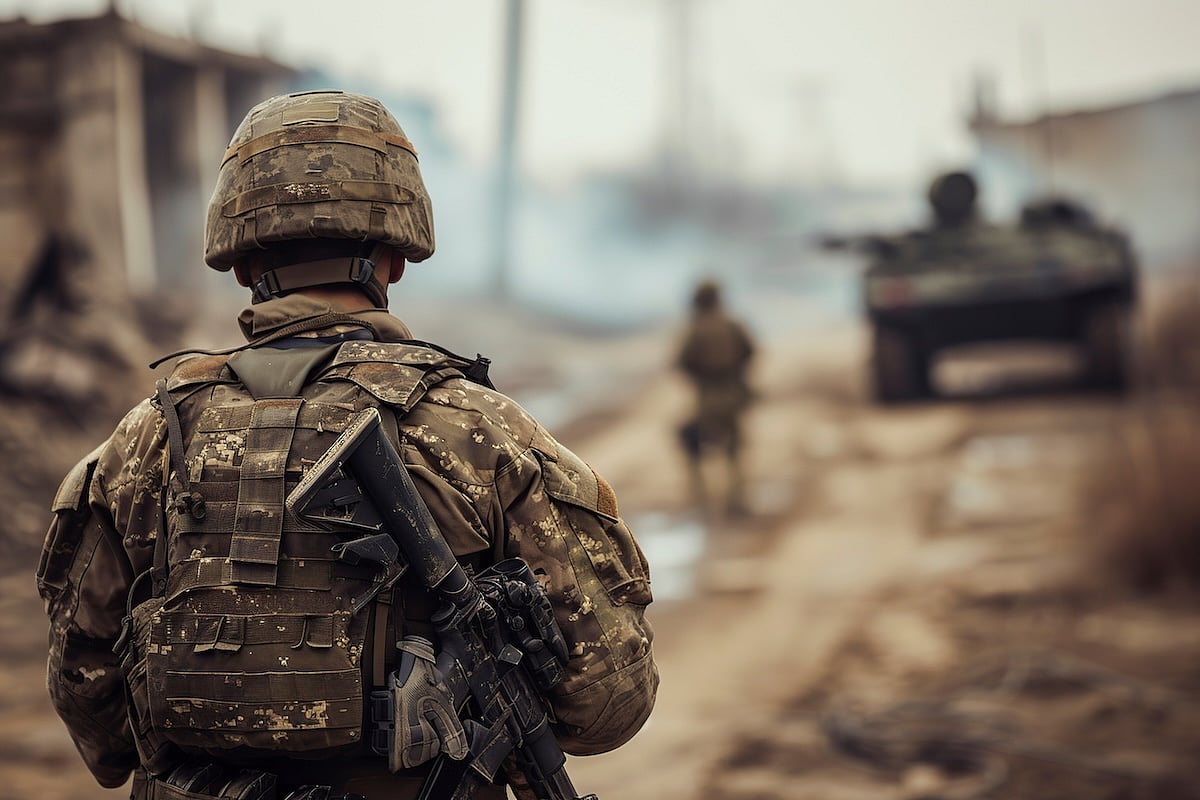Get Healthy!

- Dennis Thompson
- Posted July 2, 2025
Sleep Apnea Puts Soldiers In Harm's Way
Sleep apnea could be increasing the risks borne by U.S. soldiers serving on the front lines of combat, a new study says.
Front-line soldiers are far more likely to suffer PTSD, anxiety, depression and injuries if they have sleep apnea, researchers reported recently in the journal Chest.
“This study underscores the growing importance of early intervention in sleep apnea and access to high quality, cost-effective sleep care for service members,” lead researcher Emerson Wickwire, section chief of sleep medicine at the University of Maryland School of Medicine, said in a news release.
Active-duty service members already struggle to get their minimum seven hours of shut-eye per night, researchers said in background notes. Only one-third regularly get enough sleep.
There’s also a growing awareness of sleep apnea among troops, with diagnoses increasing more than tenfold between 2005 and 2019, researchers added.
For this study, researchers compared about 60,000 service members with newly diagnosed sleep apnea against soldiers with similar backgrounds but no apnea problems.
During the 12 months after their diagnosis, soldiers with sleep apnea had an additional 170,511 doctor’s visits and 1,852 ER visits compared to the healthy service members, results show.
They also had a higher risk of health and mental problems, including a:
4.4-times higher risk of PTSD.
3.4-times increased risk of anxiety.
3 times increased risk for depression.
3.3-times higher risk of traumatic brain injury.
70% higher risk of muscle tears or broken bones.
“This study is a wake-up call. Sleep apnea is not just a medical condition — it’s a force readiness issue,” researcher Col. Vincent Capaldi II, chair of psychiatry at the Uniformed Services University in Bethesda, Md., said in a news release.
“The findings highlight how untreated sleep disorders contribute to mental health challenges, traumatic injuries, and increased health care utilization in our service members,” Capaldi, a medical doctor, continued. “We must prioritize sleep health as a cornerstone of operational performance and long-term well-being for the force.”
It’s not clear why sleep apnea increases these health risks; the study was not designed to prove a direct cause-and-effect link.
However, researchers speculated that daytime sleepiness caused by sleep apnea could increase soldiers’ risk for accidents and mishaps.
More research is needed to better understand these associations, and whether treatment for sleep apnea could lower service members’ risk, researchers said.
More information
The Cleveland Clinic has more on sleep apnea.
SOURCE: University of Maryland, news release, June 30, 2025









